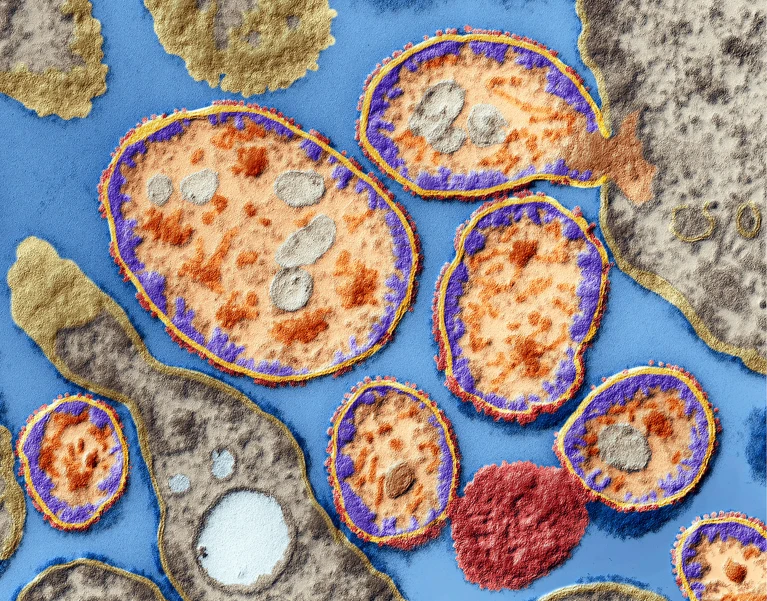Polycystic Ovary Syndrome (PCOS) is a complex hormonal disorder that affects millions of women worldwide. While the first documented case of PCOS dates back to 1935, there has been a consistent rise in the number of cases over the years. This increase in PCOS diagnoses can be attributed to several factors, including changes in awareness, diagnostic criteria, lifestyle, and dietary habits.
Awareness and Diagnosis Criteria
One of the primary reasons for the rise in PCOS cases is the increase in awareness about the condition. In the past, many women may have experienced PCOS symptoms without a proper diagnosis. Today, with more information available and the improved healthcare access, more cases are being recognized and treated.
Another factor contributing to the rise in PCOS cases is the evolution of diagnostic criteria. PCOS diagnosis historically relied heavily on the presence of cysts on the ovaries. However, the understanding of PCOS has evolved, and modern diagnostic criteria for PCOS now consider a range of symptoms, including irregular menstrual cycles, elevated androgen levels, and clinical signs like hirsutism (excess hair growth). These expanded criteria have really enabled the healthcare providers to identify cases that may have been missed in the past.
Adolescent Obesity and Hormonal Imbalances
The increase in adolescent obesity is also a significant contributor to the rising incidence of PCOS. Obesity can lead to hormonal imbalances, including insulin resistance, which is closely linked to PCOS. In genetically susceptible individuals, these hormonal imbalances can trigger the development of PCOS. With the prevalence of obesity on the rise among adolescents, a higher number of young women are at risk of developing PCOS.
Changing Dietary Habits
Dietary habits have also undergone a transformation in recent years. The easy availability of fast food and junk food has led to a decline in the consumption of home-cooked meals. High-sugar and high-fat diets can contribute to weight gain and insulin resistance, and can hence, further exacerbate the risk of PCOS in such individuals. A diet rich in processed foods and low in nutrients can have a detrimental impact on hormonal balance, making it a potential factor in the increased prevalence of PCOS.
Reduced Physical Activity
The shift from outdoor activities to sedentary indoor pastimes like video games and excessive use of social media has really led to a marked decline in physical activity, especially among adolescents. Lack of exercise can contribute to weight gain and exacerbate the hormonal imbalances associated with PCOS. Regular physical activity is crucial for maintaining a healthy weight and hormonal balance, and its decline can definitely contribute to the development of PCOS in susceptible individuals.
Global Variations in PCOS Incidence
It’s important to note that PCOS incidence varies across countries. Denmark and Australia have reported the highest prevalence of PCOS, with rates reaching up to 20%. In contrast, countries like Turkey and Iran have reported lower incidence rates, as low as 2%. These variations may be influenced by genetic factors, lifestyle choices, and access to healthcare.
In conclusion, the rise in PCOS cases can be attributed to a combination of factors, including increased awareness, changes in diagnostic criteria, adolescent obesity, altered dietary habits, and reduced physical activity. Understanding these factors is essential for addressing the growing prevalence of PCOS and developing effective prevention and treatment strategies. Early diagnosis and lifestyle interventions are essential keys to managing PCOS and improving the quality of life for those affected by this condition.
The author is a Senior Gynecologist and MD(AIIMS) COAG (Harvard) from VS Healthcare.















